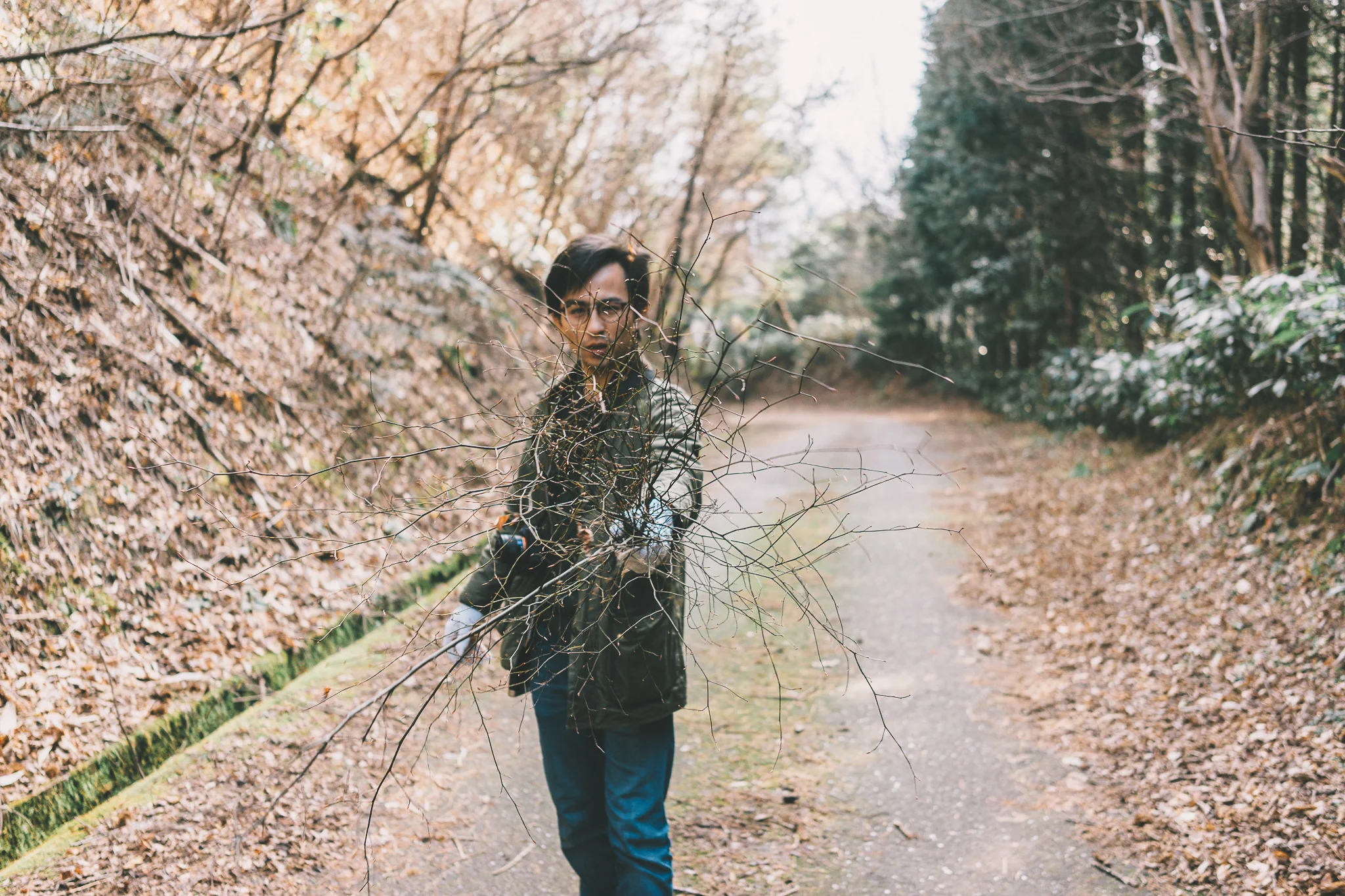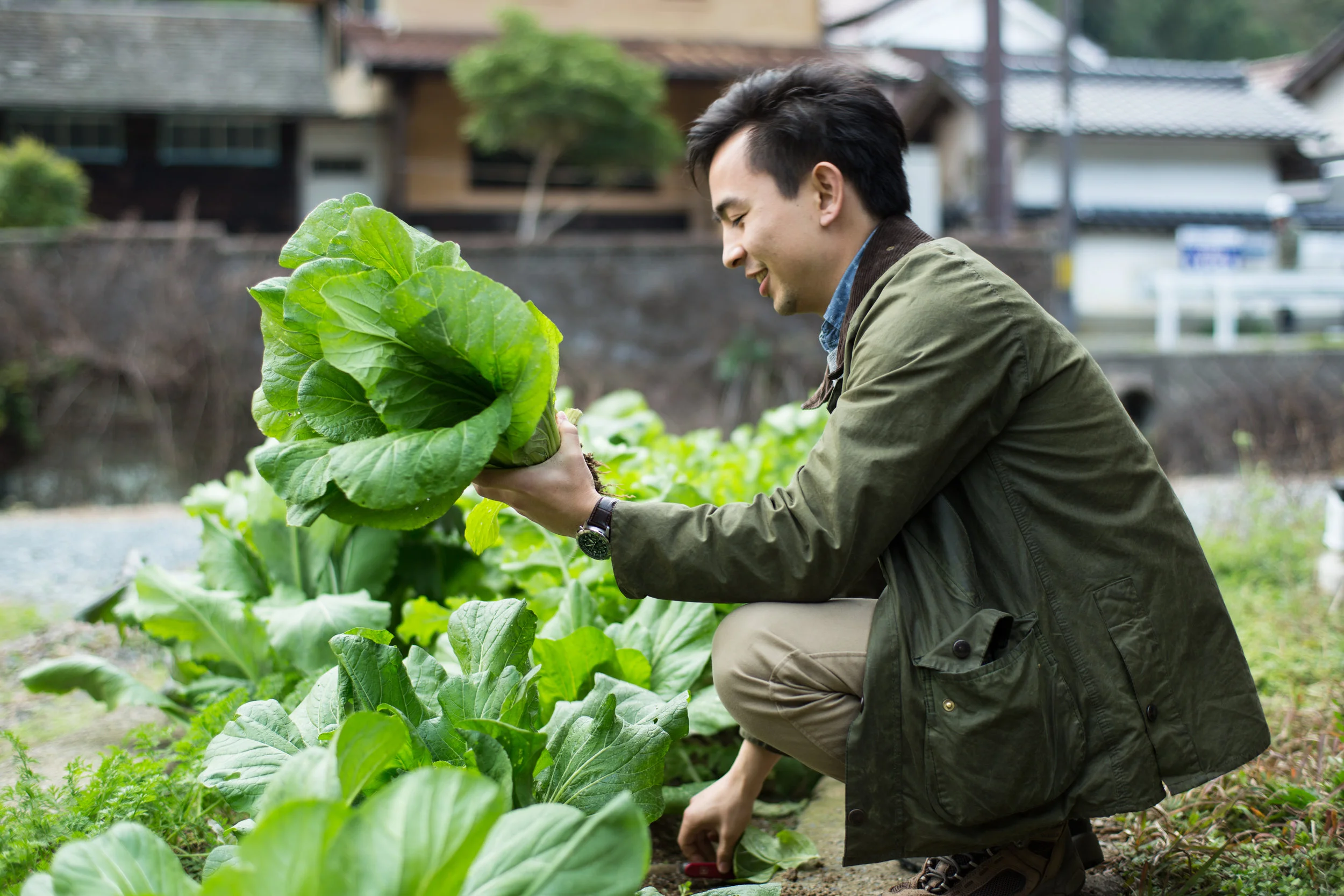What is a Kakawari-sha-in? 関わり社員
So Shun, you explained what department you work for and a general “ish” of what you do, but what is your job title in Gungendo?
Great question, always happy to answer rhetorical questions that I set myself up with.
I am a Kakawari-sha-in (関わり社員)
What’s a good way of translating this into English… For those who can read Japanese, the word kakawari (関わり)means relations. So essentially it has to do with human connection. I was first planning on translating it into “relational worker” but that sounds like I’m some dating coach so I decided to not call myself that. I mean imagine what would happen if I said that.
Me: Hi nice to meet you, my name is Shun
A: Hi, I’m A and I work for ****, where do you work?
Me: Oh, I work for Gungendo in the Editor Room for Lifestyles with Roots
A:*What the hell is that?* Oh that’s interesting, and what do you do there exactly?
Me: I’m a relational worker
A: Hahaha… oh so sorry I gotta go over there, there something important I have to do…
AAAAANNNNNNNDDDDDD…… scene.
You see, it’s already confusing at the point when I say Editor Room for Lifestyles with Roots, like some religious group or something. But then I hit them with the even more obscure word of RELATIONAL WORKER and its like no thank you, I DO NOT want to join your cult.
So here we go, I’ll try to explain this as best as I can.
Kakawari-sha-in
To start, I’m going to give you the definition the chairman of Gungendo, Daikichi-san, has come up with and I’ll elaborate.
A Kakawari-sha-in is somebody who works for an organization for a set period of time because their social mission matches with the organization’s social mission.
To explain it simply, the individual chooses to “take part” in an organization not for financial gain, but because they empathize with the social mission the organization has, to which the individual believes that the organization can use his/her skill to further achieve that goal. This also consequentially leading to the growth of the kakawari-sha-in’s own personal growth.
Let’s take this step by step.
A kakawari-sha-in is not a fulltime employee nor just a part-time worker
So to be blunt, on paper, I am essentially I am a part-time worker at Gungendo, but the nuances are what makes my work a little different from a part-time worker. Now there are a bunch of details here about insurance, and pay and etc., but let’s focus on the bigger part of the meaning behind this.
I can work for other companies, people, and or organizations that I want to. Being a “part-time worker” gives me the freedom to have multiple sources of income as well as affiliation to multiple organizations. When you work for a company as a full-time employee, you may have certain forms of stability, but that stability also comes with a price of its own. We may work on projects with other people from different organizations and companies, but in the end we are an employee for one company. You have to bring in some form of profit for that one company and work for its interests. However, because I am a kakawari-sha-in, unless I’m doing some espionage for other places, I am relatively free to work for other organizations that I feel is in line with the social mission I want to achieve. Another characteristic of being a part-time worker is that I get to use my time more freely than full-time employees. As long as I hit my quota of hours for the month, it really does not matter where I use those hours and it does not have to be consistent. I can spend half of the month working in Omori, and perhaps the other half in another town if I pleased.
Why is that?
To understand what it actually means to be a kakawari-sha-in, we need to dive into where this word comes from.
The word, kakawari is not an unusual word in the Japanese language, it’s actually a very common one, which means connection, human relations, to take part in, I think we get the idea here. However, Daikichi-san had a bit of a different word in mind when he decided to give me the position as a kakawari-sha-in. He was in particular thinking of the word Kakawarishiro (関わりしろ)which is s sort of a compound word between kakawari (Take part in, connection, human relation) and shiro (Margin). In Japanese, there is a word のりしろ or norishiro which roughly means a margin space to glue together. So that shiro part comes from that use of the word, you know the actual margin we find on the side of a physical piece of paper. This long-winded explanation is supposed to lead to the point that the word kakawarishiro is supposed to mean marginal space but in social terms, a social margin where we can glue ourselves onto. That’s what a kakawarishiro is, a social margin, and I’m saying it in a slightly different nuance from like a marginal society sort of meaning. A place that we can glue ourselves onto and feel like we have a social meaning.
In the book “We will find our happiness in the countryside” ・「僕らは地方で幸せを見つける」by Kazumasa Sashide, there is an explanation of what a kakawarishiro is. He states “Right now what young people want is a ‘kakawarishiro’. They want a margin that they can get involved in. It’s the same for tourism and or emigration, the more a town shares one sided information about ‘how great their town is,’ the more people will lose invest in that area. What people want from a ‘real location’ is how that person can get involved in that place as an individual, as a human, to feel needed.” (Kazumasa 33). Kazumasa believes that recently young people just want to be of help to other people, to receive some social acknowledgement. However, Kazumasa does not state that this is some desperate cry for help or self-centered social recognition, but more in line with the observation that young people seem to find different things important or desirable now. Rather than making financial gains, a goal seen so commonly in the 1980’s, young people are finding different things desirable.
His argument seems to fit well with what sociologist Mita Munesuke claims, where in his book “Where is contemporary society headed?” ・「現代社会はどこに向かうか」 he states that these shifts in the social landscape is not simply some fad, but “represents in a broader historic view, a bend or a larger change in society.” (Mita 50). Mita found this data by analyzing trends in magazines and books that people buy in Japan. For example, he found young people now are interested in “lifestyles” like minimalism (MUJI) or organic foods, shared economies, hole in the wall coffee shops, farming, and LOHAS (Lifestyles of Health and Sustainability)
So from how I see it, there seems to be some historical significance and meaning to the rise to this desire and importance for a kakawarishiro in this day and age.
My veggie garden is a little kakawarishiro for me as well
I feel like i am part of this bend in history, that my identity relates to this shift in “how to live”…
i am looking for my own kakawarishiro
Bringing this back to the original story of kakawari-sha-in, Daikichi-san answered this request of mine, and made a kakawarishiro for me in Gungendo. I was not necessarily wanting to become a full-time member of Gungendo, but I wanted to be part of its margin. I felt that whatever this social mission that I had within me, by marginally being part of Gungendo it would let me get closer to that. While on the other hand, Daikichi-san felt that by having me being marginally part of Gungendo, it would provide the company and the town of Omori something new that it needed. We’re still figuring out what exactly that is, but at the moment Daikichi-san is finding that he wants me to first of all let people abroad know what life in Omori is like in English. So at the moment I do a lot of translating, while trying to maintain the integrity of the historical and social nuances of Gungendo and Omori.
The other request that Daikichi-san had was that I would always maintain a third person view of Gungendo and Omori by visiting different towns, involving myself with other organizations, and etc. This takes advantage of my position as a “part-time worker” at Gungendo where I can spend half of the month away from Omori and Gungendo, or even become a kakawari-sha-in of another organization or town. By never actually becoming a “full fledged member” of the town and company, I would essentially be able to see through some of the things people find “normal” and have the ability to compare and contrast and to have more perspective on things the “natives” may not be able to.
That’s Daikichi-san on the left and his wife Tomi-san on the right
What is the bigger significance of a Kakawari-sha-in?
At the moment I don’t have a clear answer, I mean in a certain way it is kind of a fancy name for a freelancer or a part-time worker. Sort of like a brand name, you know like how all seltzer is pretty much the same, but they change the name depending on the company and we feel like there is some difference (not sure why I keep using seltzer as a way to describe things).
For me personally, it’s the social contract part that I feel is the most important. It’s the agreement to what sort of society you want to help create, and that you agree to share your skills and time to make that happen. It’s that agreement between me and Daikichi-san that I feel is the most important and crucial part of me being a kakawari-sha-in.
I also find that there is a community in the social and imaginative plain that is directly tied to a town and its social vision. So even if you are not actually at that physical location, your consciousness and action is always tied to that place somehow.There needs to remain some locality to this concept of kakawari-sha-in as well, thatgrounds this way of working.
There needs to be something that is real and tangible, a physical kakawarishiro.
Feeling like you are part of something more than just one organization, but part of a town, or a social vision
In the end that’s what my job is, to make more kakawarishiro’s, to find those social margins to glue myself onto, where I feel like the very essence of who I am is being used for a social good that I believe in. But I want to keep it local so that I can feel each step I take in that community, town, company, etc., to keep myself grounded in this journey.
My business card which if you can read Japanese gives you no idea to what I do…
\




























